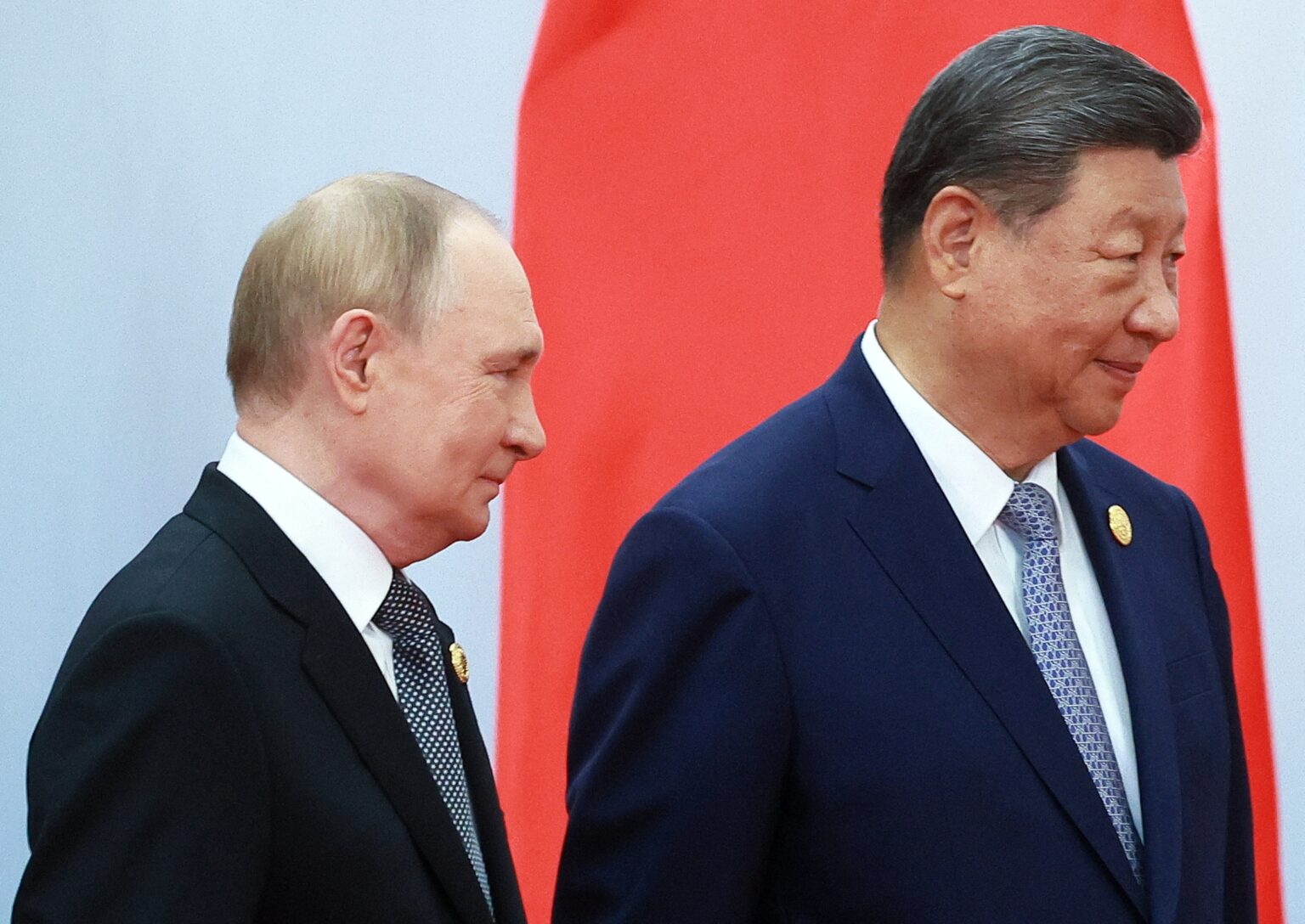China and Russia have greenlit a new cross-border natural gas pipeline in a major win for Russian President Vladimir Putin, though questions about who pays what and at what price remain unresolved.
Once completed, the proposed Power of Siberia 2 pipeline could pump 50 billion cubic meters (bcm) of gas per year into China—about 61 percent more than the 31 bcm delivered by the original Power of Siberia line in 2024. The new route would run through Mongolia from western Siberia’s Yamal fields.
Newsweek has contacted the Russian and Chinese foreign ministries for comment via email.
Why It Matters
Russia has turned to China to offset collapsing European gas sales, which have dropped by more than 70 percent since 2021. The European Union plans to phase out Russian fossil fuel imports entirely by 2027 in response to the invasion of Ukraine.
Beijing, while presenting itself as neutral in the conflict, has become Moscow’s largest energy customer. Trade between the two countries has set new records each year since Moscow’s 2022 invasion, with China buying gas at steep discount and sales helping sustain Russia’s war chest amid sanctions and export controls from the U.S. and European Union. NATO has called China a “decisive enabler” of Russia’s war effort.
What To Know
Russian majority state-owned energy giant Gazprom and China National Petroleum Corporation signed four documents on Tuesday, including a memorandum of understanding to expand areas of interaction, Gazprom said in a statement.
“Today, a very important step was made to further strengthen and develop our strategic partnership, increase the reliable supplies of clean energy, natural gas, to China, and meet the demand of China’s rapidly growing economy for this type of fuel,” Gazprom CEO Alexei Miller was quoted as saying.
He described Power of Siberia 2 as the most capital-intensive project in the history of the gas industry, calling the signing a “legally binding memorandum,” Russian state-owned outlet TASS reported.
Separately, Chinese President Xi Jinping and Putin held a trilateral meeting with President Ukhnaa Khurelsukh of Mongolia, Chinese state media reported. Mongolia is set to play a central role in the project as the transit country for the China-bound gas.
When asked about the agreement during the Chinese Foreign Ministry’s news conference on Tuesday, spokesperson Guo Jiakun declined to comment on specifics. “China and Russia carry out practical cooperation in various areas, including energy, under the principles of mutual respect and mutual benefit,” he told reporters.
The original Power of Siberia pipeline, launched in 2019 under a $400 billion, 30-year contract, runs 1,865 miles from eastern Siberia into Heilongjiang province.
Deliveries are expected to reach full capacity of 38 bcm this year. Gazprom also plans to lift gas supplies from a smaller Sila Sibiri 3 pipeline in Russia’s Far East Sakhalin Island to 12 bcm per year from the previous 10 bcm.
What People Have Said
Macro-Advisory Ltd., a strategic business consultancy in London, wrote on X: “When complete, Russia’s total gas exports to China will be 94 bcm. … By end decade Russia will have almost replaced the lost EU market will sales to China, Central Asia and to Iran.”
Kirill Babaev, the head of the China and Contemporary Asia Institute think tank in Moscow, told Reuters: “Even though we do not know the parameters for the price and volumes, nor the subcontractors of the pipeline, the political negotiations are now over and giving way to commercial tasks which will definitely bring the result due to a blessing received from the three leaders of Russia, Mongolia and China.”
What Happens Next
Miller said discussions would now move to financing and commercial terms.
U.S. President Donald Trump has threatened to slap new penalties on Moscow if Russia does not agree to end its war in Ukraine.
On July 14, Trump gave Moscow a 50-day deadline and warned of “secondary tariffs” as high as 100 percent, suggesting countries that continue buying key Russian exports such as gas could be targeted.
That 50-day deadline expired this week. However, Trump previously extended it by two weeks, telling reporters on August 21: “We will know within two weeks whether there will be peace in Ukraine. After that we will have to maybe take a different tack.”
Read the full article here

